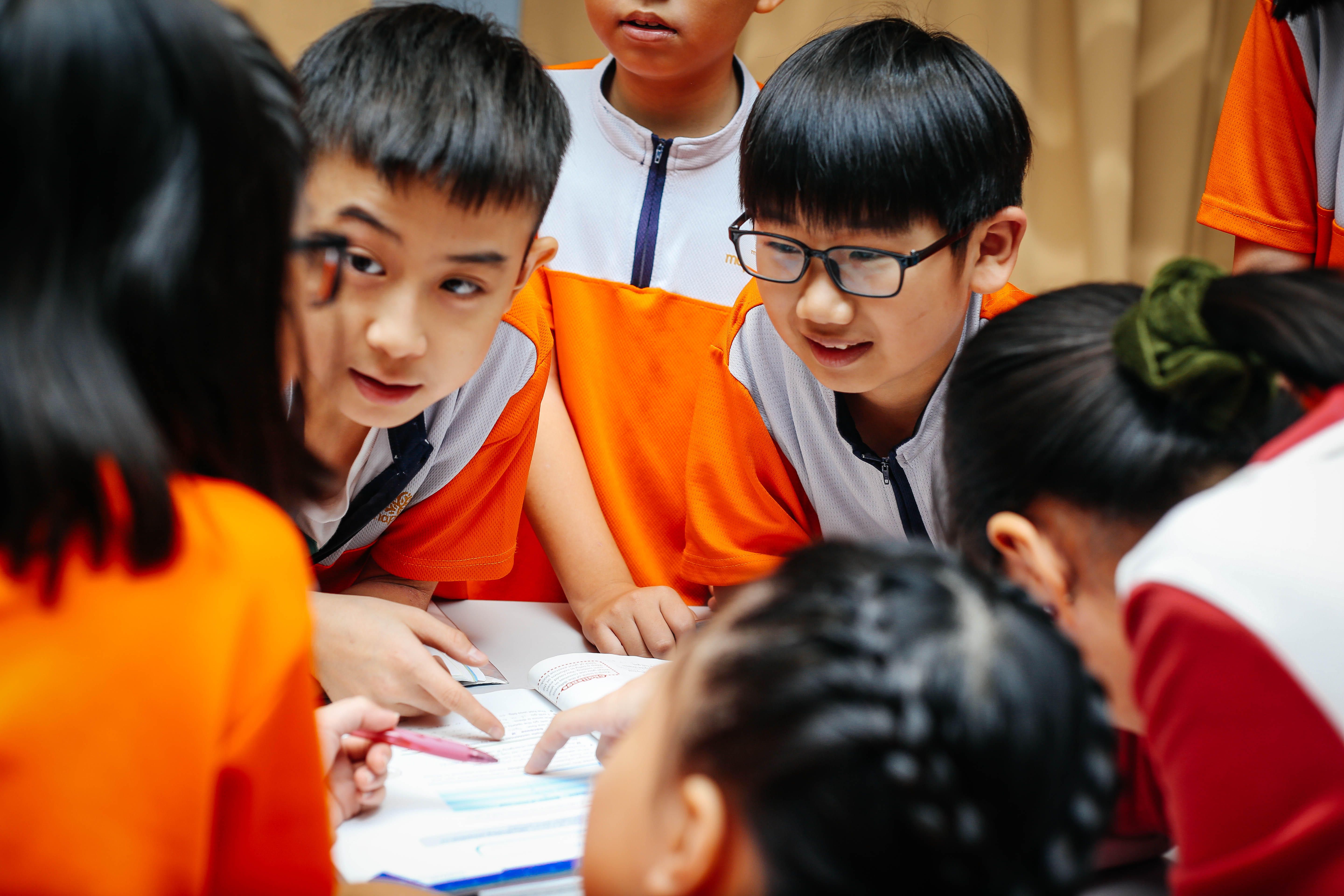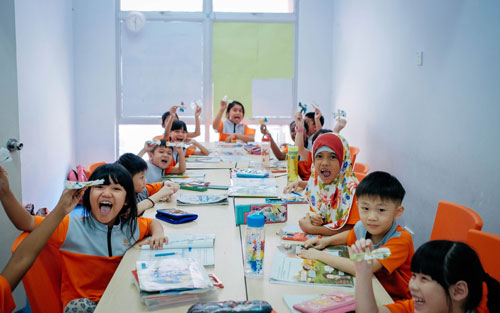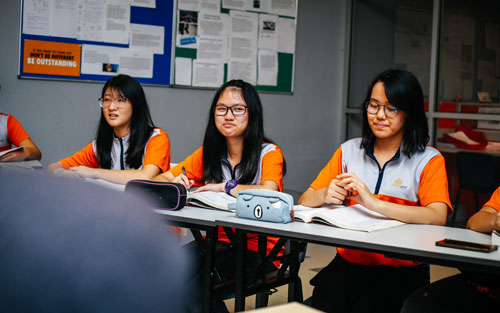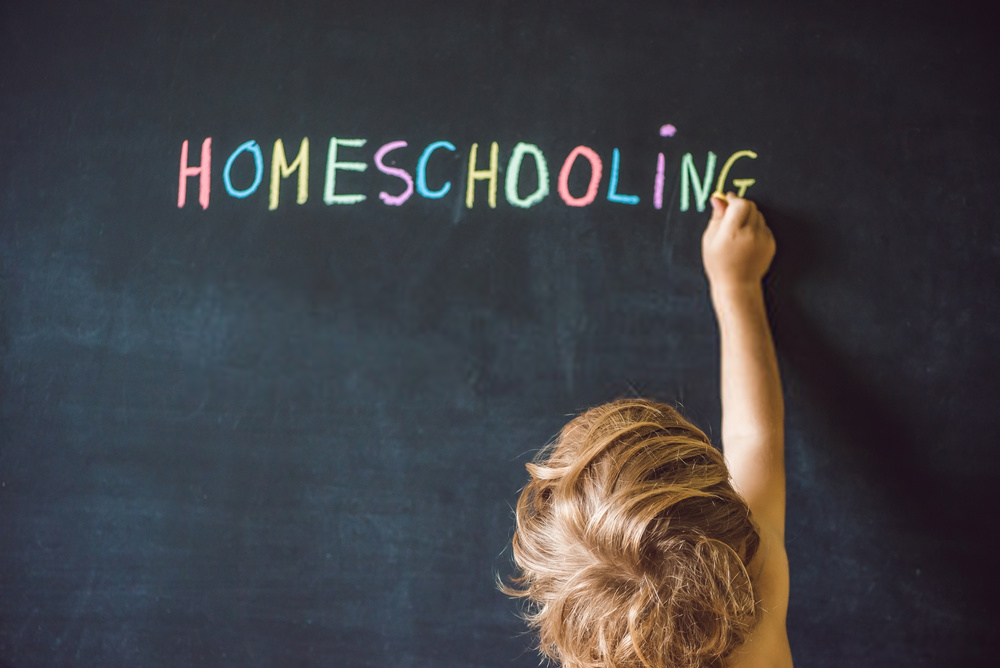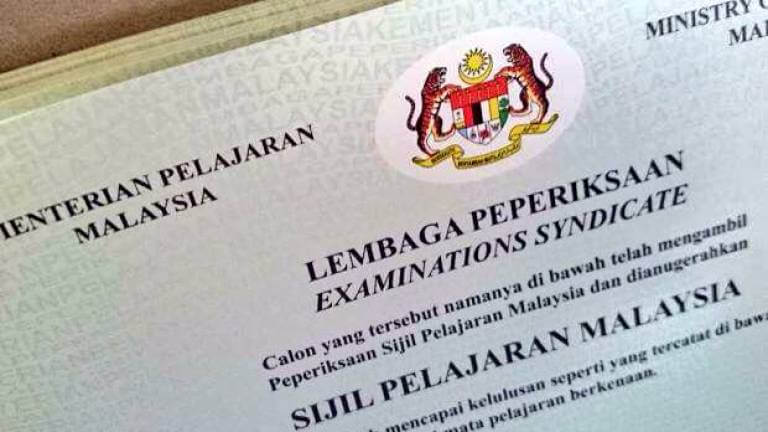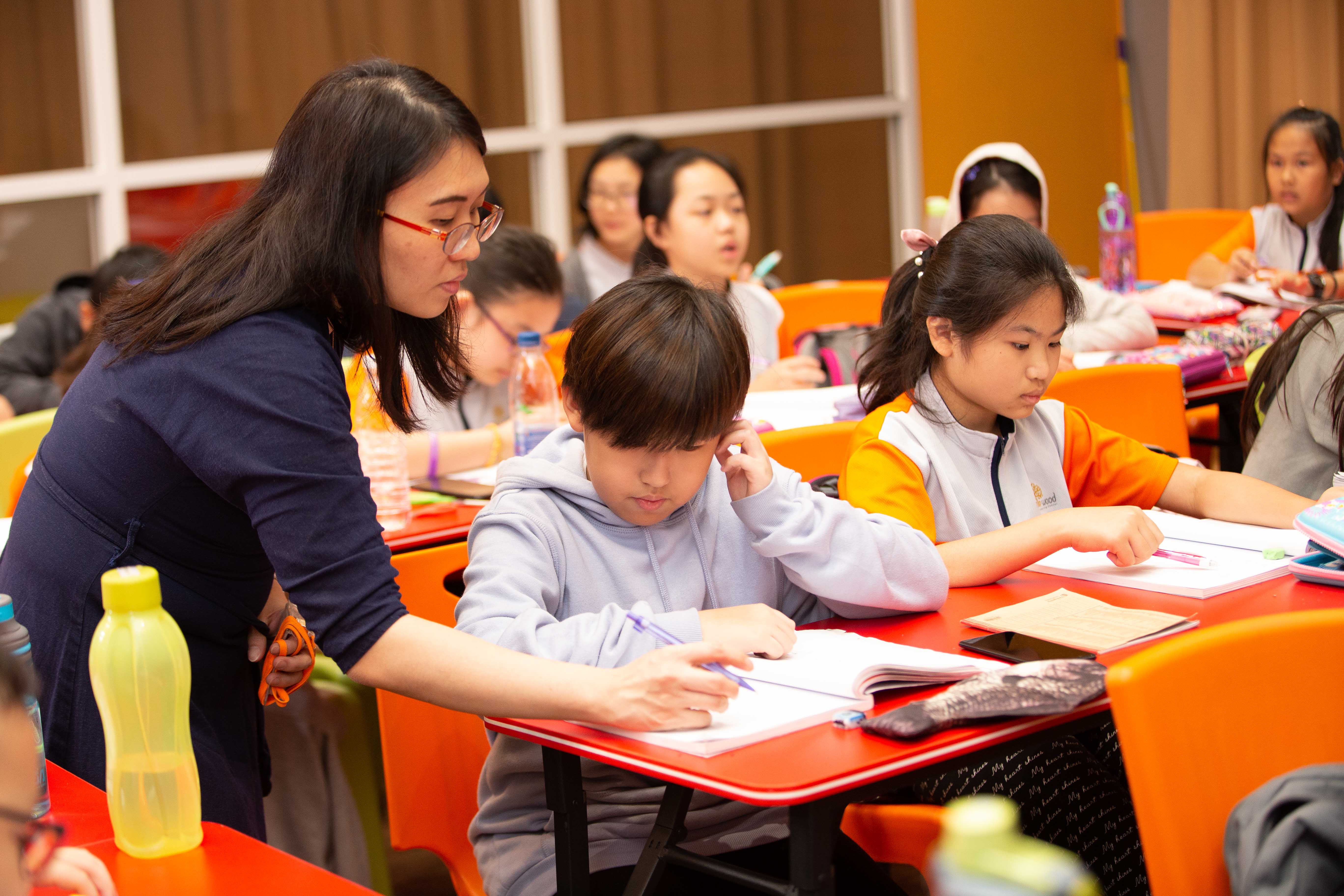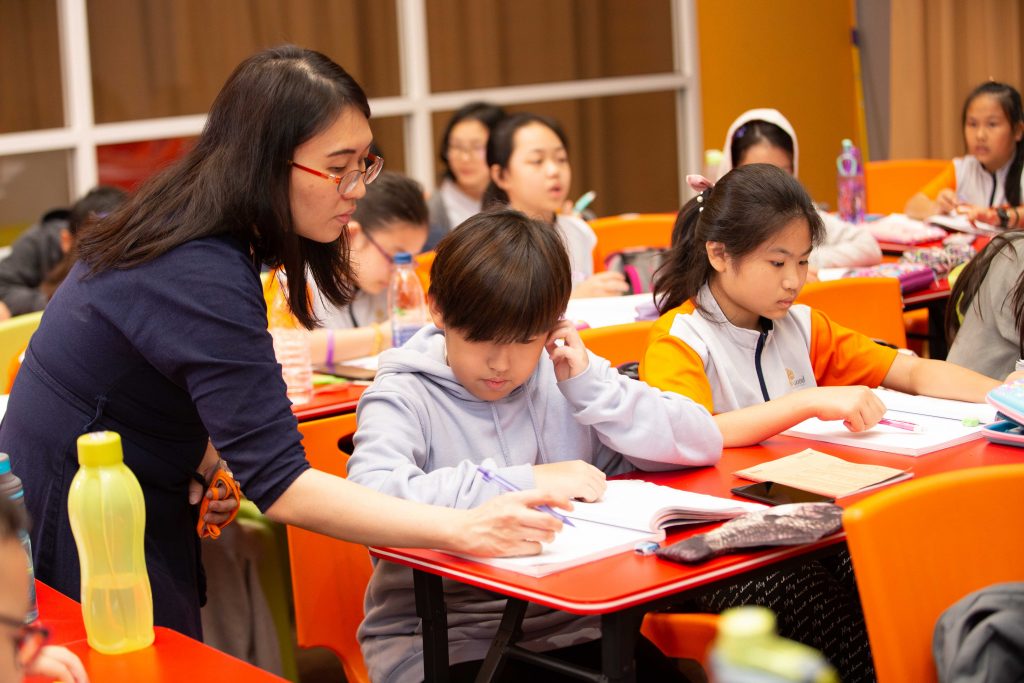Before now, what was obtainable was that Malaysian parents would enrol their kids in a public primary school that was closest to them — and then allow the Malaysian schooling system to educate the kids according to the syllabus.
Today, this isn’t the case anymore. Since the Malaysian education board removed the quota for enrolment of Malaysian students, parents can now choose to either enrol their children in a public or private school in Malaysia.
In making this decision, as a parent, there are some crucial factors to consider if you want to get the best education for your kids. So, here are five things to consider before enrolling your child for a primary school in Malaysia.
1. Commencement and completion of IGCSE Malaysia or its equivalent on time
There are some private schools or homeschools in Malaysia that take kids into primary one or its equivalent at the age of six. What this means for your kid is that he/she will be ahead of their peers in public schools by one year since public or government schools only take kids into primary one at the age of seven.
This advantage also has a long-term impact on your kid’s education. Your kid will be done with IGCSE Malaysia or its equivalent at the age of sixteen, and then they can move on to higher education immediately. They may also be eligible to sit for IGCSE in Malaysia before their peers in national schools are ready.
Your kids may find so much ease in learning in a private primary school in Malaysia, if they went to preschool and have basic knowledge in reading, mathematics, and the alphabet.
2. Medium of instruction
National school teachers in Malaysia use Bahasa Malaysia (Malaysian language) as a means to communicate with the students and the English Language as a second language. Depending on the aspirations you have for your kids, for example, if you intend to send your kid abroad (especially in an English-speaking nation) after secondary school, then enrolling your kid in a homeschool is a good choice.
This is because the standards of the English Language in homeschools are higher than Malaysian national schools. Therefore, if your child studies in a homeschool primary and secondary school, there will be no need to get additional qualifications like the International English Language Testing System (IELTS) or Test of English as a Foreign Language (TOEFL) for admission into universities or colleges abroad.
3. Number of students per class and the importance of personal attention in the classroom
It’s nothing new that in Malaysian national schools, the classes are usually overcrowded, and the teachers may not have the time to give every child the attention they need. Knowing that every kid is different and some may be faster in learning and others, slower. Also, every kid has different areas in which they excel.
Your kid must get personal attention in class for subjects or topics he/she doesn’t understand. When they get enough attention in those problematic areas, they’re likely to succeed than when they are ignored like in the public schools.
The minimum number of students per class at a homeschool in Malaysia is between 5 to 10, and 10 to 15 maximum. It allows the teacher to know every kid personally and to know their areas of strength and areas that need improvement. This way, your kid can be much better prepared for his/her secondary examinations, IGCSE Malaysia.
4. Balancing academics and non-academic components of learning
Schooling isn’t all about academic activities. Kids who aren’t academically inclined may excel in non-academic areas. You should consider checking if a primary school has rich non-academic (extra-curricular) activities to ensure that your kid will have a balanced education in the academic and non-academic aspects as well.
You will find such an environment in private schools in Selangor, Malaysia, using the Malaysian curriculum for learning or homeschooling in Malaysia. Some extracurricular activities you may find include music, sports, arts, etc.
5. The need for private tuition outside the classroom
It is a prevalent practice in Malaysia for parents (who send their kids to national or government schools) to pay for additional classes or extra-curricular activities outside the formal setting (a.k.a. Private tuition classes). The intent is usually to help the child cope with the school subjects or augment what was taught in class.
Parents also pay for extra-curricular activities like music, sports, etc. These additional classes can cost up to RM500/month, which means RM6,000/year, which brings additional expenses for the parents.
Most private schools in Puchong or homeschools offer this extra support as part of its curriculum, and you may not need to pay as high as RM500/month for the added support your child needs.
Are you a parent considering sending your kid to a private school in Malaysia? If you have more questions, please feel free to get in touch with our helpful and friendly staff on our website.

